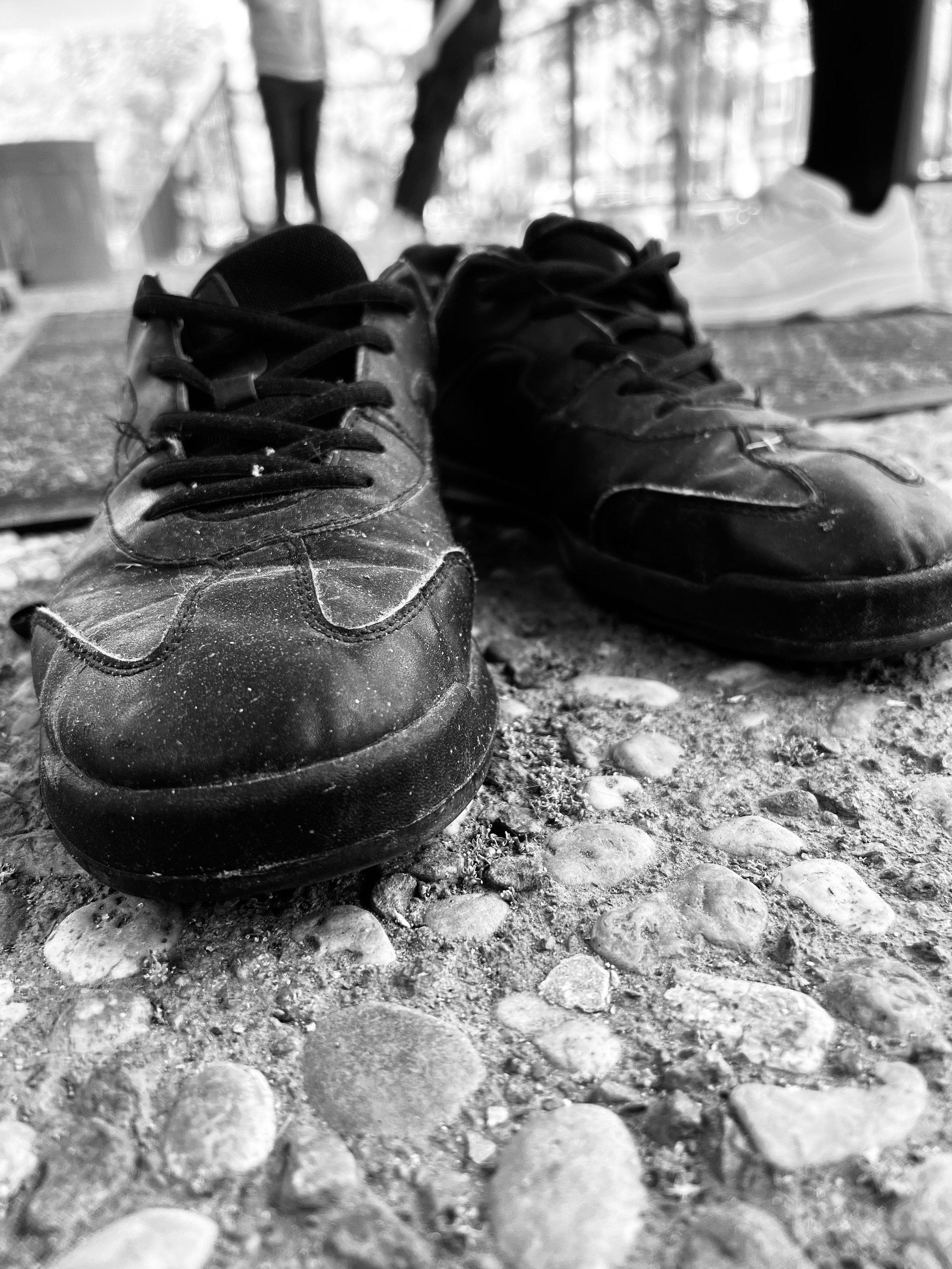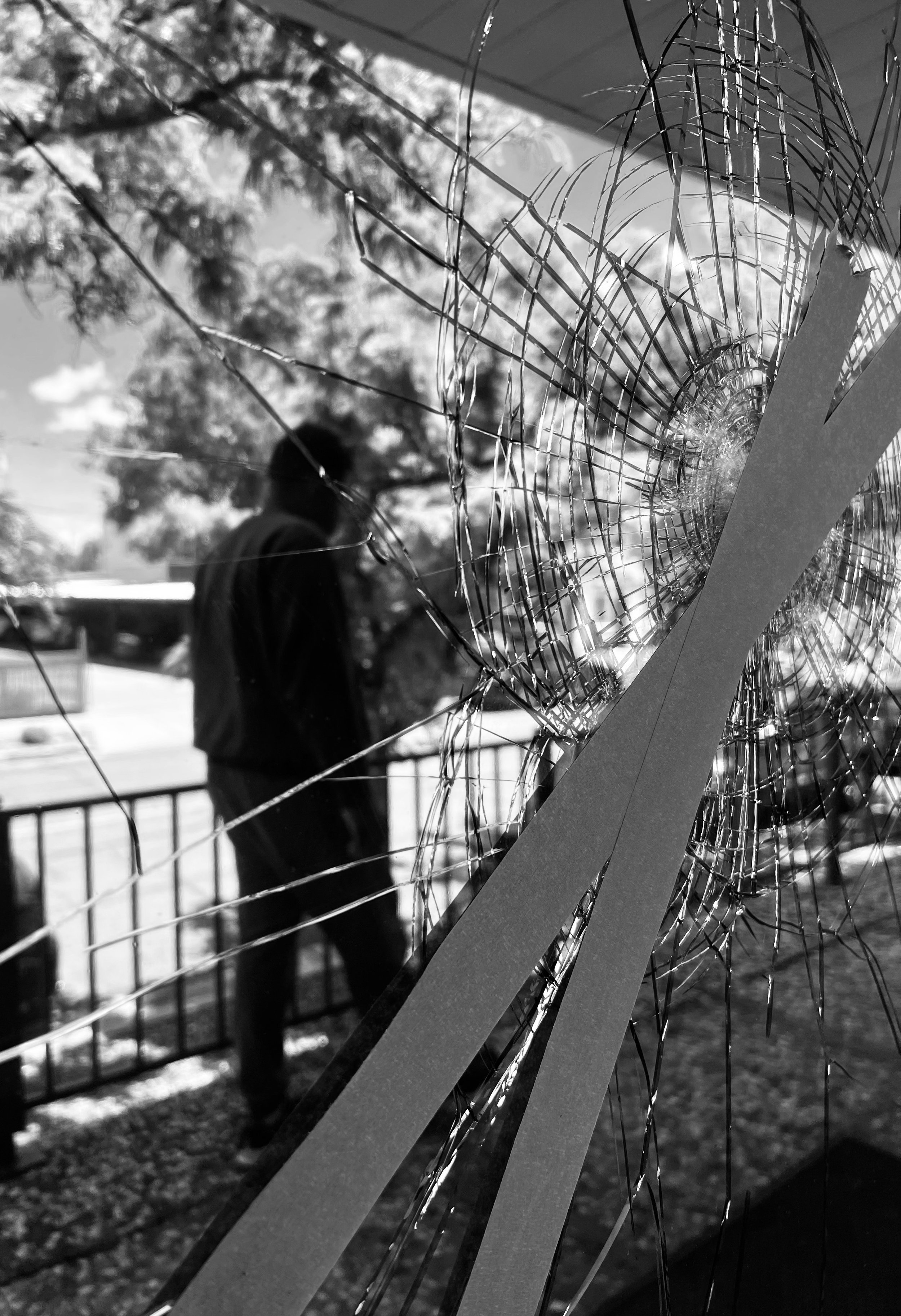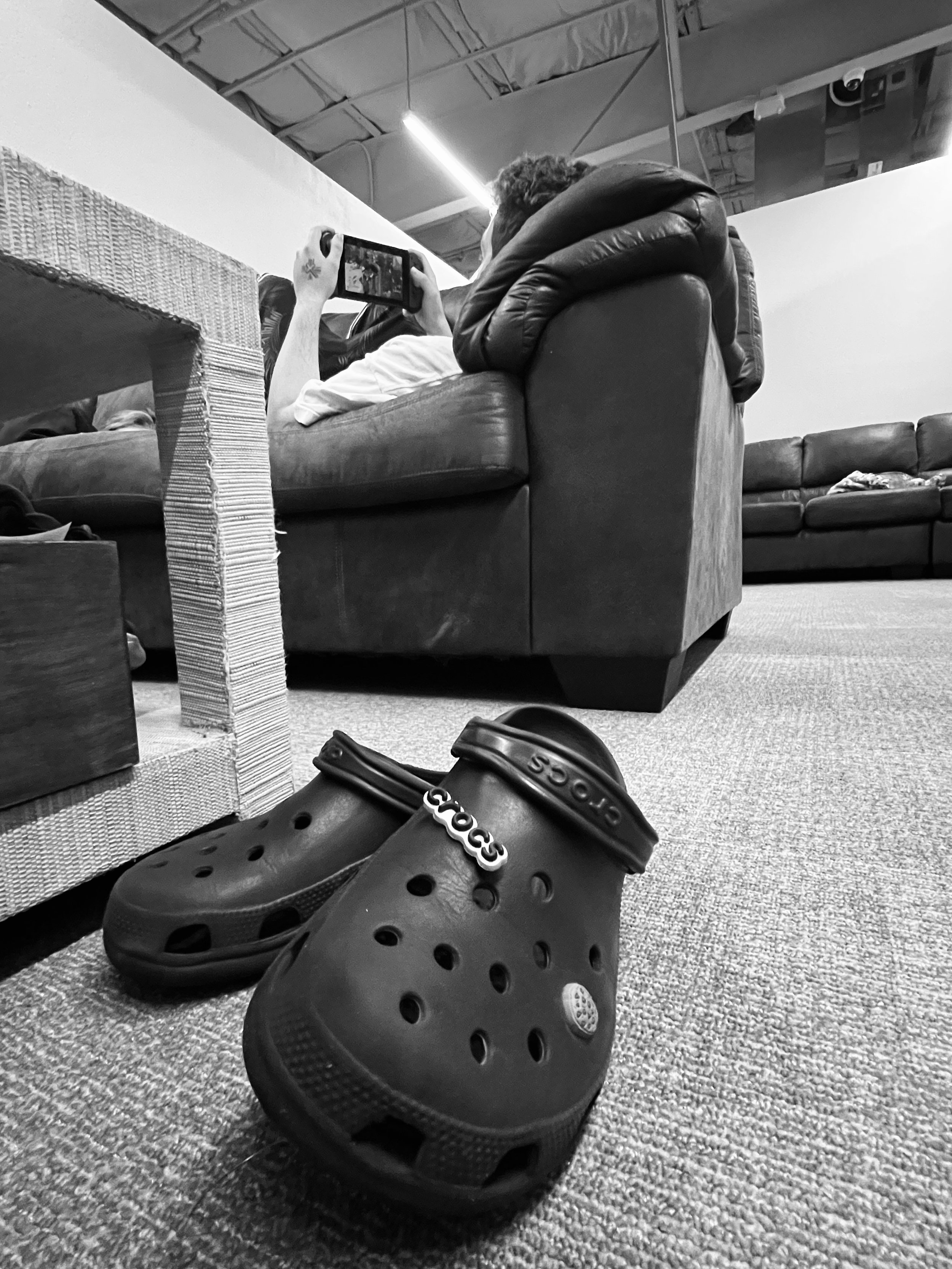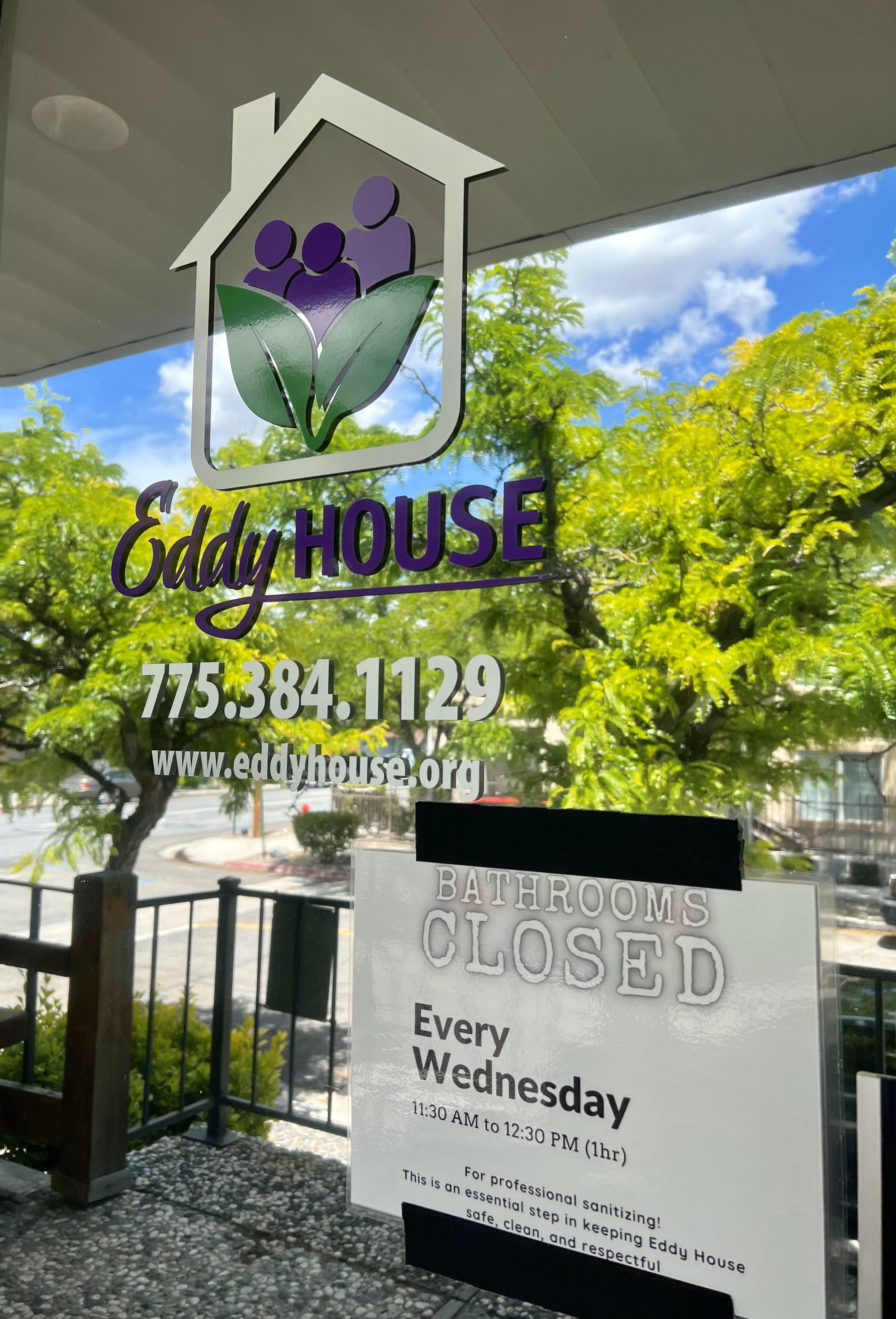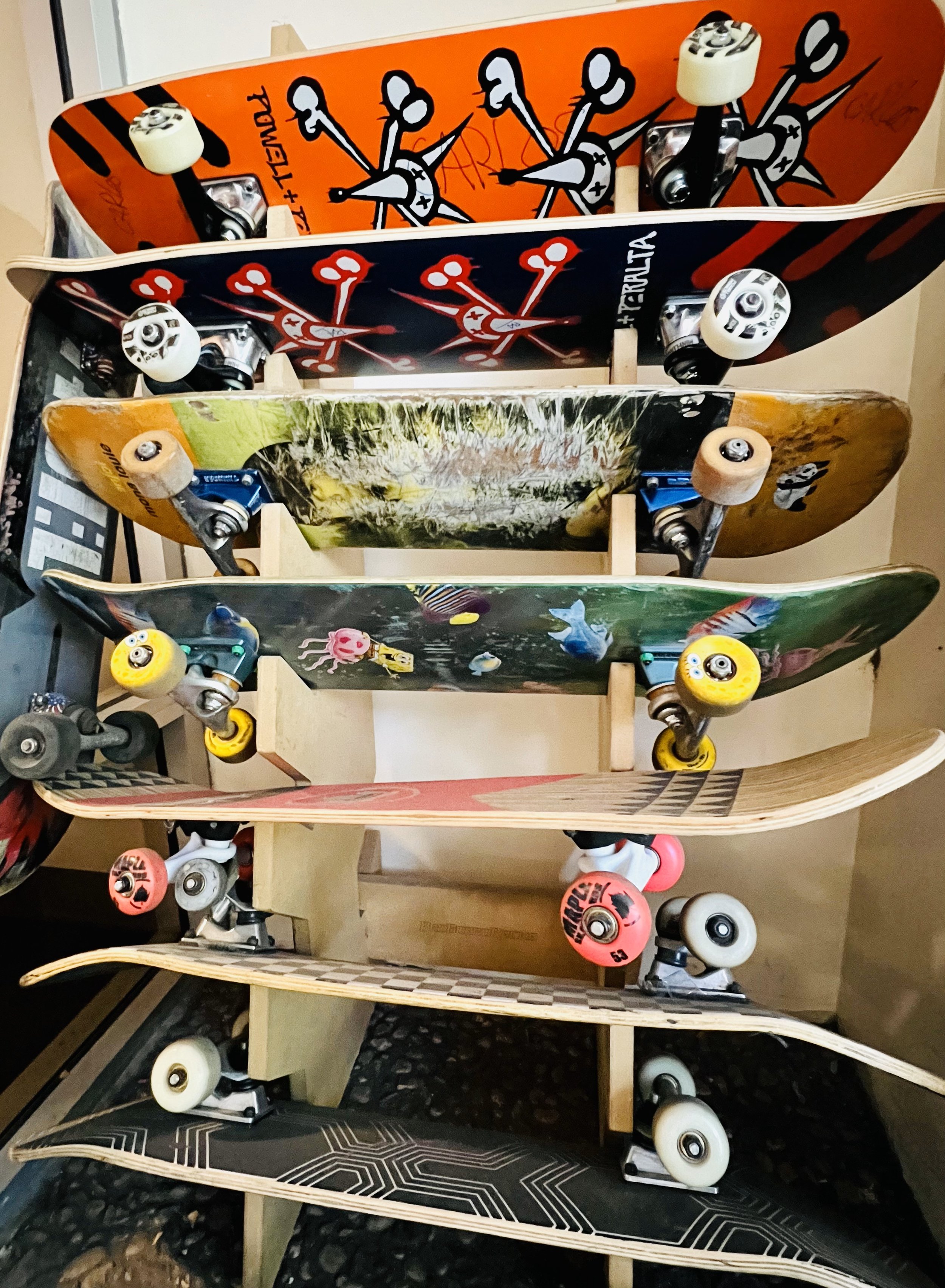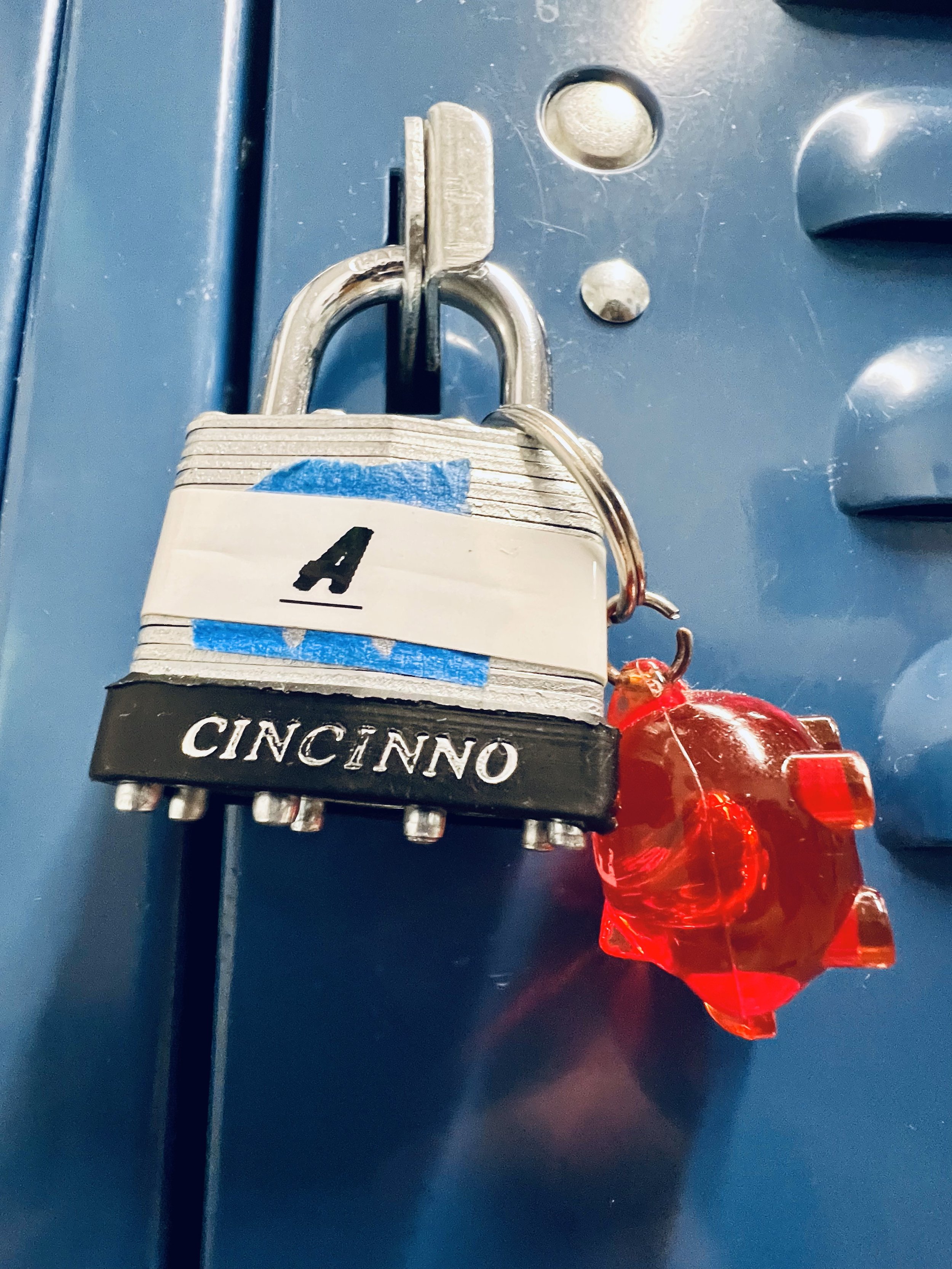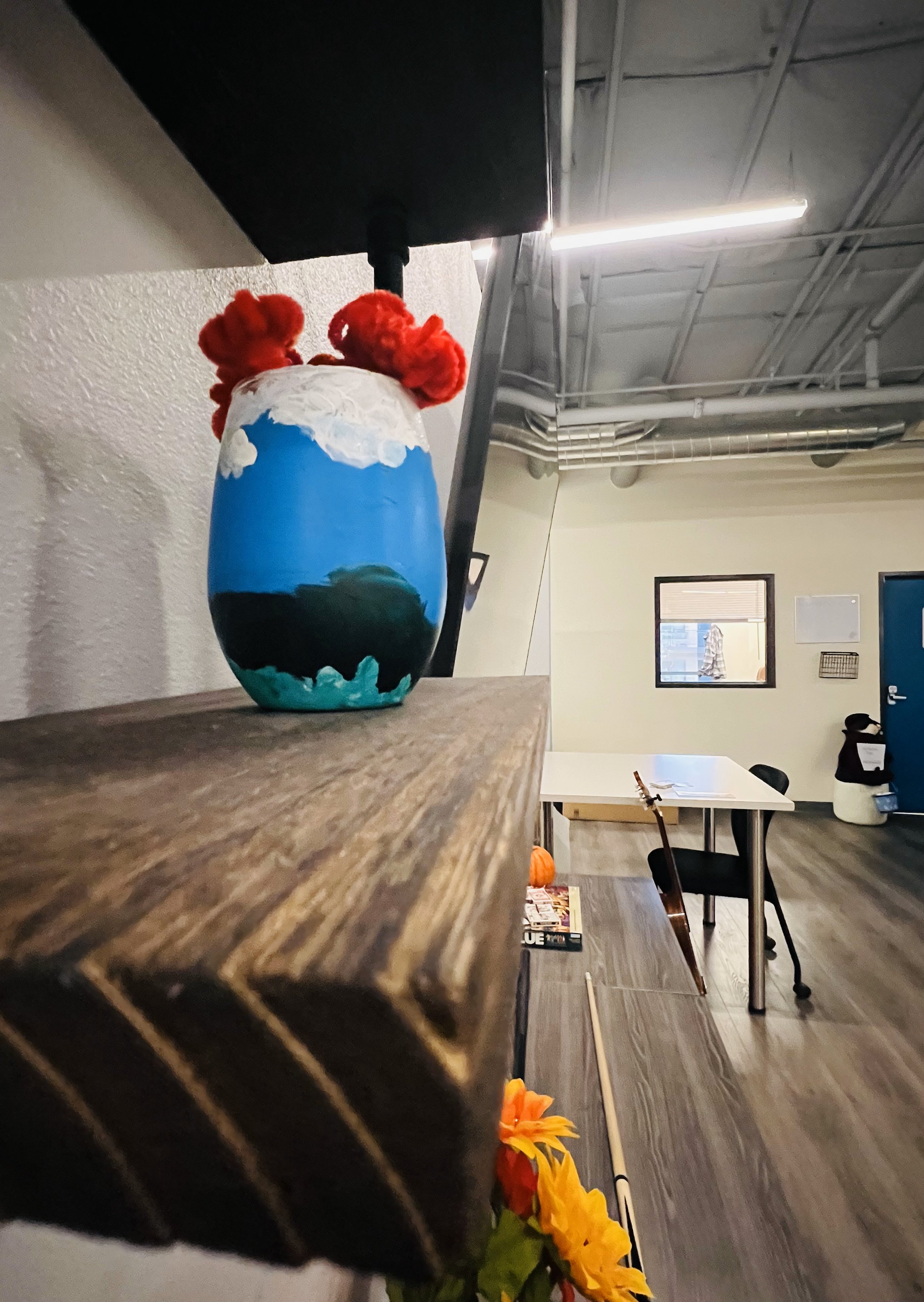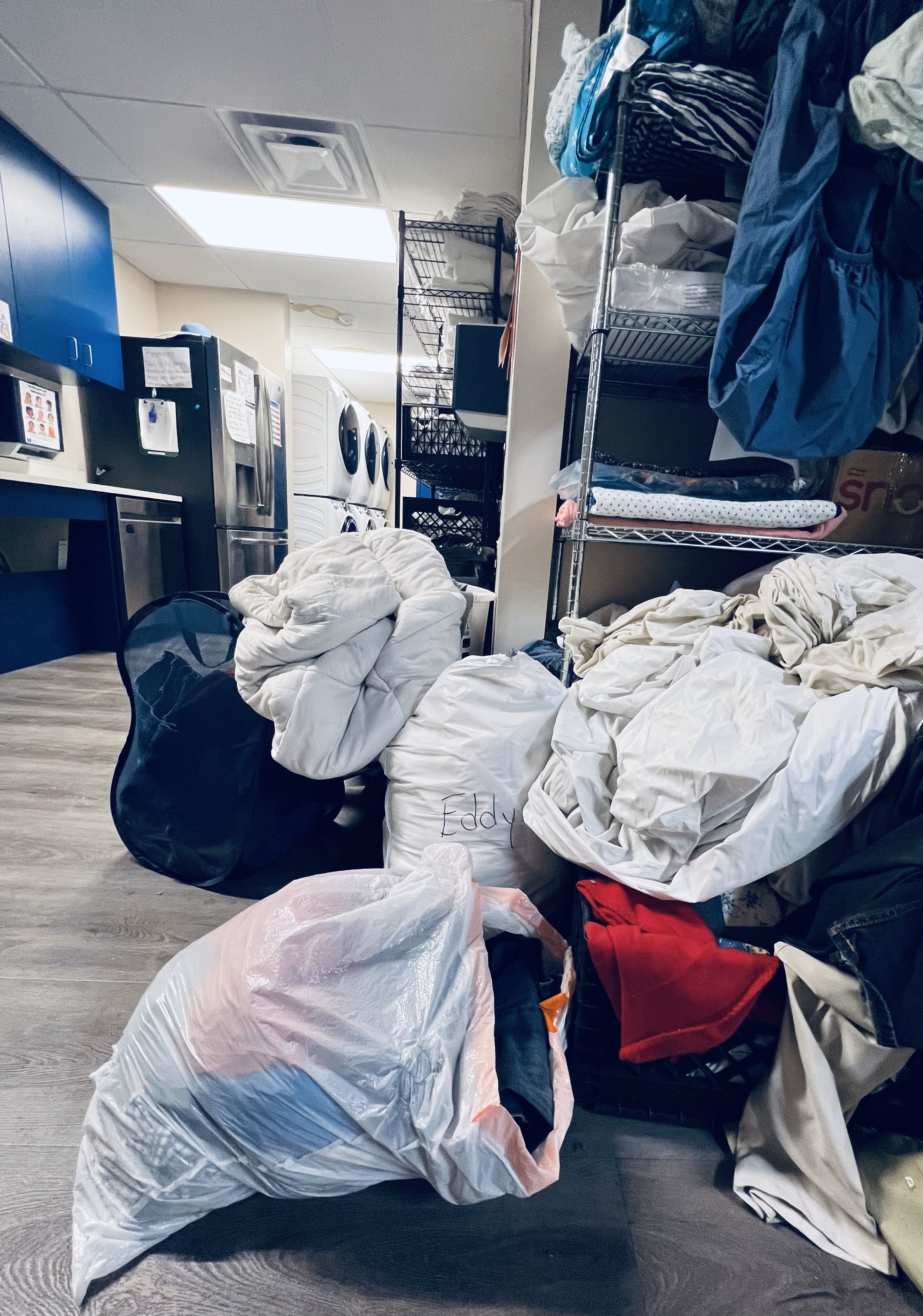Compared to the sprawling Cares Campus shelter on Threlkel St., the Eddy House, for the 18-24 age group, on a corner of Willow Street is much cleaner inside, with more activities available, built-in resources and a more positive buzz.
The goal of the Eddy House is to bring sustainable independence to the youth they are helping, some fleeing abusive households, others aging out of the foster care system, many at risk of becoming or remaining unhoused.
Housing instability can then be a cause of drug use, Ana Hurt, the marketing director explained during a recent tour, furthering a downward spiral.
“So a lot the times, if somebody is homeless, they didn’t use before but they’re out in the cold every night or they’re just struggling with the fact that they don’t have a home to go to and so they do start to use drugs,” Hurt said. “A lot of the times, it’s the opposite way around,” she says of preconceived notions. “It’s not someone who uses drugs and becomes homeless. It’s that someone becomes homeless, and then that’s how they cope with either just the physical factors of being homeless or the emotional and mental factors of being homeless.”
The Eddy House offers emergency and transitional shelter, with lockers outside, and meals, therapy, classes, and GED education inside.
Its website indicates that in 2021, it served 374 youths with over 12-thousand bed nights and 11-thousand meals.
Many members come to the Eddy House from minority groups and the LGBTQ+ community, as well as broken and toxic households.
“Through all the experiences and backgrounds a lot of times they’re just coming out to us with a lot of, you know, struggles and trauma, just associated with different situations,” Hurt said.” If somebody is LGBTQ+, and they come out to their family and get kicked out, you know, that’s very traumatic to have that happen to them. If they’ve been in the foster system and maybe not had the best experience, they got trauma with that so… I would say a lot of times it’s just a lot of inner work that they need to do and a lot of trauma that they need to work through to overcome.”
For some staff members, it isn’t an easy job. Several have come from UNR’s School of Social Work, and take on work at the Eddy House as their first opportunity in their studied field.
In previous interviews, several former employees spoke to Our Town Reno anonymously about difficult youths to deal with, from racist, hateful language to fights and safety concerns at check-in during late hours when there are fewer employees around.
“When it was just the graveyard person, they would have to be cleaning the facility while checking to see if the clients are okay, if they're still sleeping, if they need anything, and also potentially dealing with people who might come in from outside,” one former employee said.
“They don't have a lot of money … So it's people like me, it's people who can't deal with these like, violent situations or people with mental health problems,” she said of having worked part-time at the Eddy House while still a student at UNR.
While Our Town Reno used to be able to interview clients at the beginnings of the Eddy House, that access has been closed off due to privacy concerns. A recent Eddy House Instagram post had a photo of a young person smiling and holding a lamp in front of the Katie Grace Foundation next to two others holding cardboard boxes. The caption reads: “When an Eddy House client moves out into their own place, it should feel like home. 🏠💜 So we'd like to give special thanks to the Katie Grace Foundation for gifting this client new furniture and decor for their home!”
Hurt concluded the most recent tour saying every success story shows all the efforts are worth the difficulties.
“It’s kind of great to hear about somebody’s why like, you know, what happened and why are you working so hard now,” she said of former clients, now independently housed, studying for better futures or already working full time at rewarding jobs.

